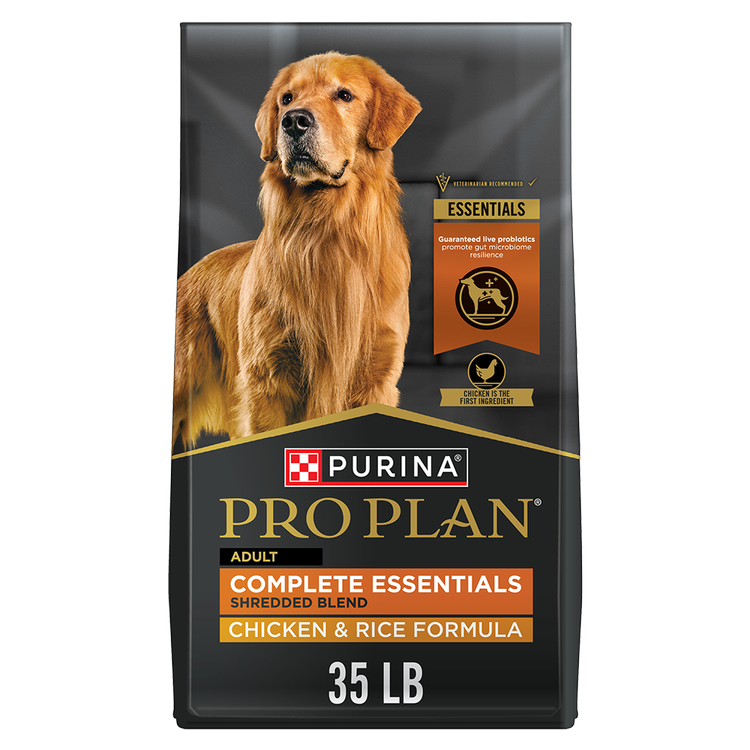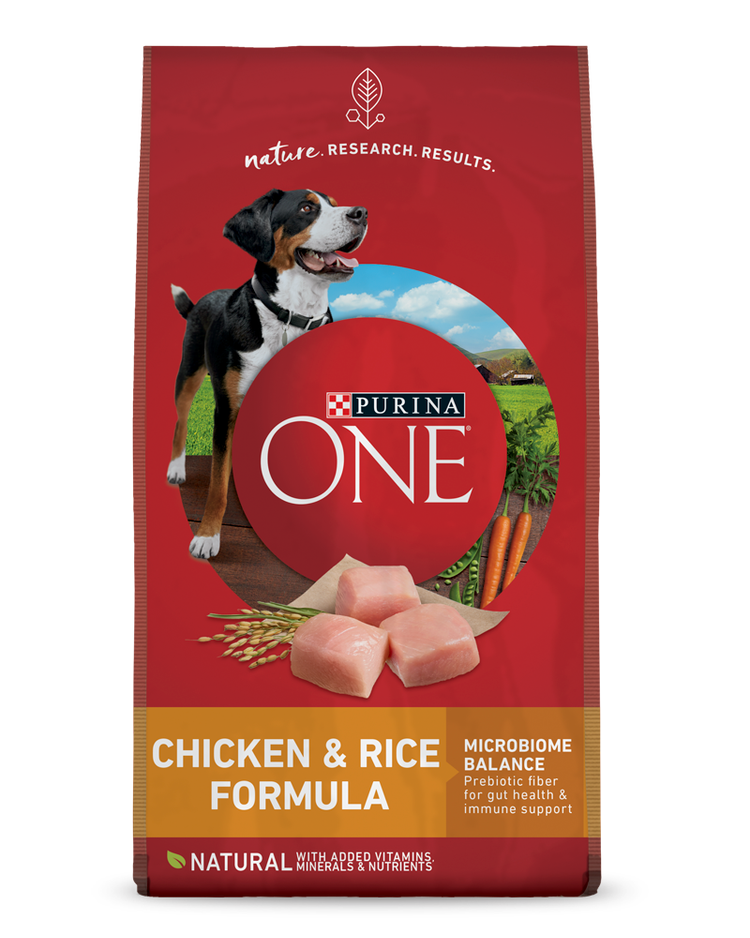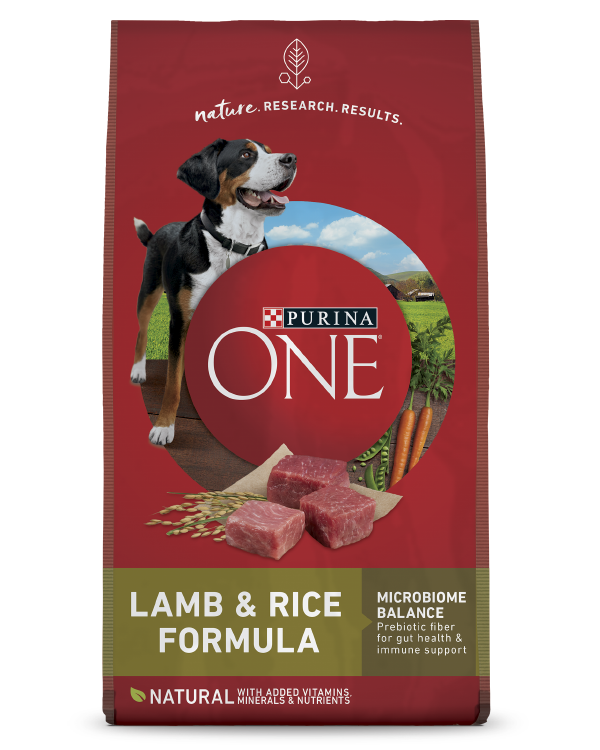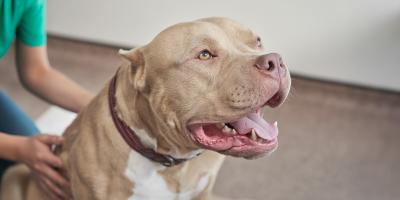Can Dogs Eat Corn? A Guide to Safety


Yes, dogs can eat corn. If you’re asking this, you may have seen it listed as an ingredient in your pet’s food. Or maybe you want to check before sharing this tasty side dish with your canine. No matter your intention, here’s everything you need to know about letting your dog eat corn.
Are Dogs Able to Eat Corn?
Absolutely. Our research and expert nutritionists have shown that corn in dog food is not only acceptable in a dog’s diet, but also beneficial to their health.
Is Corn Bad for Dogs?
In quality pet food, corn is safe and healthy for dogs to eat. Every ingredient in Purina pet food formulas, corn included, has a valuable function and plays a part in providing an excellent source of nutrition for your pet.
Why Are Grains Used in Dog Food?
Grains such as corn are commonly used in dog food for good reason. Grains can be nutritious for dogs and cats, according to Lisa Freeman, veterinary nutritionist and clinical professor of nutrition at Cummings School of Veterinary Medicine at Tufts University.
“Dogs and cats can digest and metabolize grains quite well,” says Freeman. This is particularly true when corn is properly cooked. It is a source of highly digestible carbohydrate, essential fatty acids and proteins. It is also one of the most naturally antioxidant-dense grains.
How is Corn Good for Dogs?
Corn in dog food meets several of your dog’s key nutritional needs, including:
- Protein. Corn gluten meal can function as an important source of protein, which is vital for maintaining healthy muscles, skin and hair.
- Carbohydrates. Whole corn or corn meal provides easily digestible carbohydrates, which serves as a key energy source for your dog.
- Linoleic acid. This omega-6 fatty acid is something dogs cannot produce on their own. Found in corn, it’s essential for helping your dog grow and maintain healthy skin, coat and immune system.
- Antioxidants. Corn contains antioxidants like vitamin E and beta-carotene, which help support a healthy immune system.
- Fiber. Corn is fibrous and promotes gut health as well as motility.
Is Corn Bad for Dogs With Allergies?
According to Purina Senior Nutritionist, Karina Carbo-Johnson, MS, “Food allergies in pets tend to be uncommon, while allergies to grain are quite rare.”
Less than one percent of dogs may have sensitivity to corn. Of course, if your dog is part of that one percent, you should opt for a corn-free diet. For the ninety-nine percent of dogs who thrive on a diet that includes corn, you can find this nutritious ingredient in a wide variety of pet food products.
If you suspect your dog has an allergy, consult your veterinarian. They may need to administer a food sensitivity/allergy diet elimination to make a diagnosis.
How Do You Decide?
We all want the best for our pets. Ultimately what you decide to feed your canine – dog food with or without corn – comes down to personal choice. Being equipped with expert information rooted in science gives you facts you can act on.
If you’re trying to decide which food is right for your pet, learn how to compare dog foods.
Get more nutrition tips from our experts. You can also visit our Pet Expertise page.

Find Your Pet’s Perfect Food
Use our Pet Food Finder to get a custom recommendation from Purina Nutritionists.






